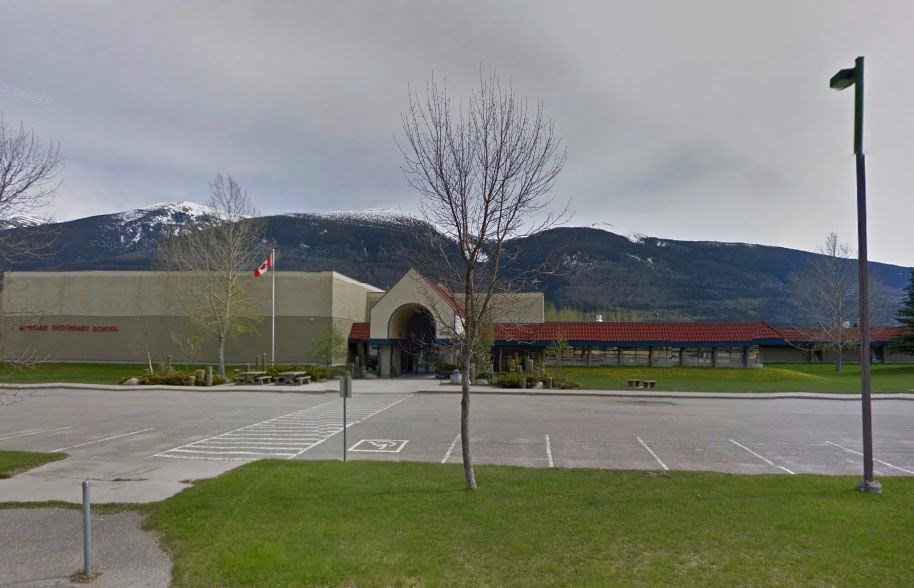Hire a rural principal, change the name of the school district and offer digital learning alternatives to the region's remote schools.
These were just some of the 14 recommendations before School District 57 trustees Tuesday night in a special report prepared by its new committee on rural education in an effort to improve student experience in the district's smaller schools.
After consultation, the committee felt having "Prince George" in the district's name contributed to a belief the schools it serves are confined to the one city.
"Such belief adds to the rural perception that there is an urban-rural divide," it said.
While it was a nice idea, chairperson Tony Cable said trustees felt it wasn't a priority because it didn't directly affect students.
"There's always cost involved, there's a lot of time," he said. The report said fees would be connected to name changes on signs at administrative offices, on print materials like letterhead and that of business materials and registrations with Canada Revenue Agency, WorkSafeBC and more.
"The board just felt at this time there were other issues that were more important."
When a new superintenent is hired, several issues will be referred to them, including the need to meet with district and village councils at least twice a year.
Rural schools have already been given three-year projections of both enrolment and funding to help with tentative budgets to better address sustainability.
"Their feedback has been positive," the report said.
The schools are anticipating the Next Generation Network, which should offer better connectivity and improved services.
It began in Prince George on April 18 and is expected to be done by the end of May in all schools. Subject to funding, the board should expand its video-conferencing capabilities, which will entirely depend on this year's budget.
The hope is video will give students more course choices, offer digital learning options and open the door to dual credit opportunities through Prince George's two post-secondary institutions.
This approach plays into the province's individualized learning model, the report noted.
The "multi-point-video-conferencing" may address many concerns expressed by communities, including a sense of isolation, high travel costs to access courses, mentoring and professional support.
The "Cadillac model" would cost and estimated $800,000 to
$1 million while an upgrade of the current system would cost up to $200,000. The main difference is it wouldn't have "the same level of quality, reliability (and) features."
After touring schools during the day, trustees heard from school staff that the pitch to have a district principal of rural education was not necessary. They would rather that money be spent on the rural schools.
The board also passed a motion to allow billeting high school-age student athletes in schools to reduce the cost of travel for teams.
It could also lead to more competition and movement from city teams to the remote areas.
"Prince George teams may consider more frequent travel to our rural communities," the recommendation noted, suggesting it be offered on a pilot basis from September 2016 to June 2017.
Students can sleep in the gym and will be supervised by a "competent and trustworthy" coach or school employee who is "personally responsible for the team members at all times."
Several other recommendations were presented as reports to the board for further investigation.
Rural schools want the district to change its rules around transportation for extracurricular activities.
Requiring schools to use the current bussing contractor is "often cost prohibitive."
That's because if the bus isn't in the community, the school has to pay for the cost of it driving out to their location as well as the cost of the actual trip, and then the return cost to Prince George.
Instead, it recommends a non-profit organization, like a club, to drive "exclusively for the social welfare, civic improvement" and other requirements laid out by the Canada Revenue Agency.
In order for this to happen, staff need to look into legal and operational issues to make sure all safety and reporting requirements are met.
Finding substitute teachers continues to be a problem for both qualified and unqualified casual teaching staff. Human resources should help to identify more candidates and work with school to develop training standards for uncertified teachers.
One solution could be shared positions between several communities, it said, and also said the district and communities need to promote a rural lifestyle "to assist with transition issues."
The board met in McBride for its first out-of-Prince George meeting of the school year.



